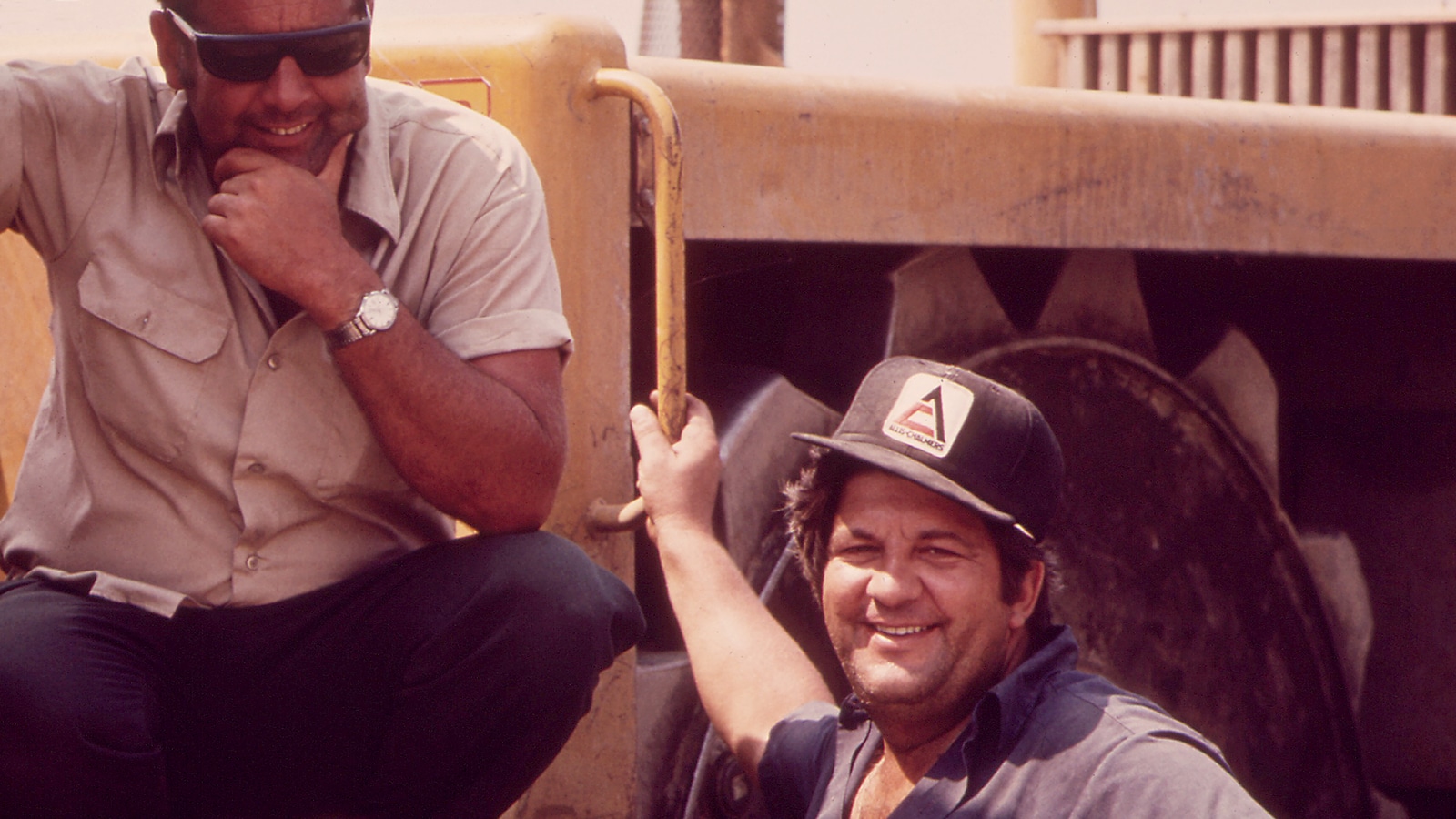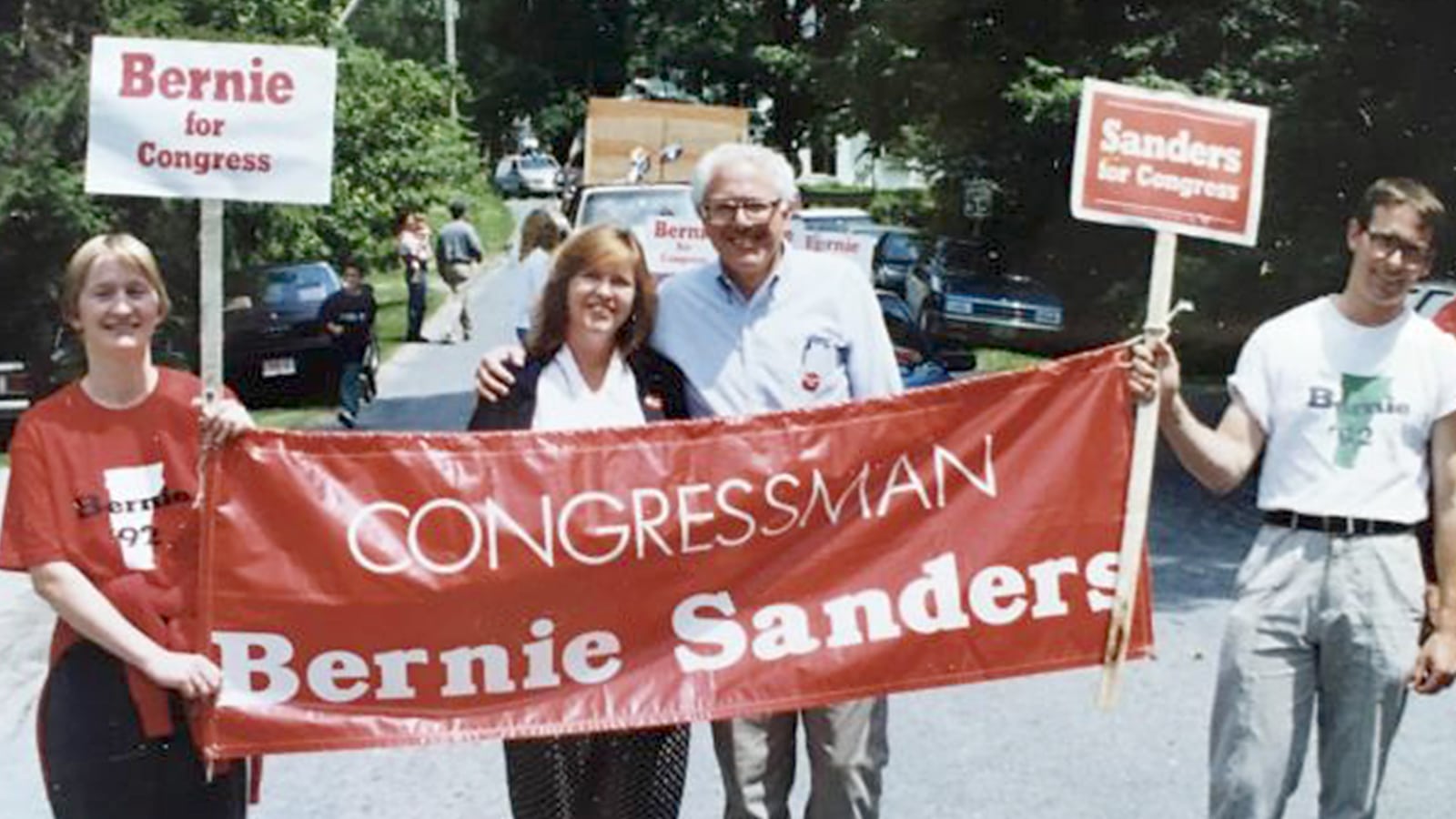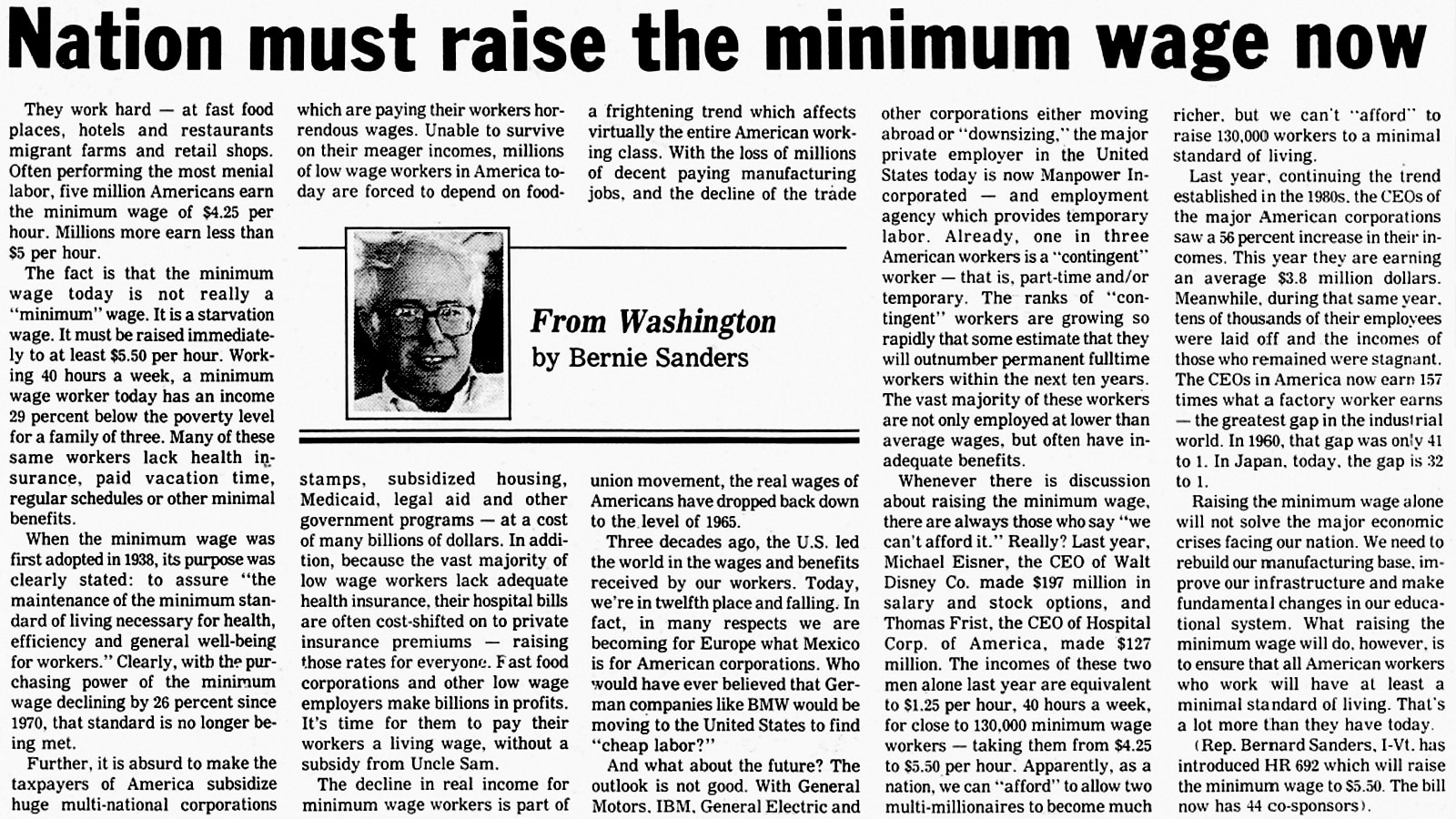On Dec. 14, 1992, Rep. Sanders first introduced the Workplace Democracy Act and committed to co-sponsoring a series of bills designed to help ensure that every American had a decent job, at decent wages, with health care benefits.[1] He envisioned a “Workers’ Bill of Rights,” that would include legislation to strengthen federal laws protecting workers and making it easier to form labor unions. He reintroduced new, updated versions of the bill in 2015 and 2018.
“During the Reagan-Bush era, the government of the United States worked effectively to protect the interests of the wealthy and the powerful,” Sanders said. “If the 1980s were the time in which the rich grew richer at everyone else’s expense, the 1990s must be the period in which working people see a significant improvement in their standard of living and their quality of life.”[1]
Sanders noted that whereas someone earning the minimum wage in the 1960s could support a family of three above the poverty line, by 1989, the same minimum wage worker fell 29 percent below the poverty line. “Workers deserve a decent wage — wages with which they can raise a family1 in dignity,” Bernie said.[1]
Workers also deserve to have reasonable vacation time and to be able to form unions and fight for improved working conditions, he said. The Workplace Democracy Act would undo many of the obstacles and anti-worker biases which exist in labor law.
Summary of H.R. 6041: The Workplace Democracy Act of 1992[2]
The policy of the United States is “to protect the exercise by workers of full freedom of association, self-organization, and designation of representatives of their own choosing, for the purpose of negotiating the terms and conditions of their employment or other mutual aid or protection.” But current law effectively denies these fundamental rights to tens of millions of Americans.
As a result, we are falling behind our industrial competitors in many significant ways. Our real wages, once the highest in the world, have fallen below the levels of the early 1970s. Our manufacturing sector is in sharp decline, as large corporations move production facilities to underdeveloped countries to take advantage of exploitative wages and minimal environmental and safety standards.
The Workplace Democracy Act strengthens the federal laws designed to protect workers and close the legal loopholes which now deprive working people of their right to organize on behalf of their wages, their benefits and their working conditions. By amending the National Labor Relations Act (NLRA) and the Employee Retirement Income Security Act (ERISA), and by establishing a National Public Employment Relations Commission, The Workplace Democracy Act provides a vehicle to achieve a comprehensive reform of American labor law.
Main Provisions
- Extends NLRA coverage to workers for U.S. owned companies that operate in Free Trade Agreement countries. Workers for United States owned companies and their subsidiaries in countries that are party to a Free Trade Agreement with the United States will have the right to file unfair labor practice complaints against the United States owned parent company of their employer under the NLRA or under the laws and procedures of their own country.
- Establishes card checkoff recognition. Once a majority of workers has declared its wish to be organized by conducting·an election or by signing membership cards, legal recognition shall be given to their designated representative.
- Guarantees the right to first contract. If by 45 days after certification, no collective bargaining agreement has been reached, the union then has the right to binding arbitration .
- Strengthens and expands the enforcement authority of the National Labor Relations Board. Violations of labor law are violations of law, and must be both speedily prosecuted and remedied. Current penalties for violating the National Labor Relations Act are insufficient to serve as effective deterrents. The Workplace Democracy Act strengthens NLRB enforcement in the following ways:
- Instructs the National Labor Relations Board to use its injunctive power whenever it finds an unfair labor practice.
- Gives employees wronged due to such violations the right to be “made whole” for any economic losses they incur as a result.
- Requires immediate reinstatement of discharged employees when unlawfully discharged.
- Provides for treble back pay for employees who suffer economic hardship due to unfair labor practices.
- Requires debarment of companies from Federal Government contracts for willful unfair labor practices.
- Requires the National Labor Relations Board to assess civil penalties of not less than $10,000 against employers for each willful violation of the Act.
- Repeals the prohibitions against strikes, boycotts and hot cargo agreements. Taft-Hartley provisions that prohibit one group of workers from engaging in actions in sympathy or concert with other groups of workers are eliminated, as well as the Landrum-Griffin Amendment that prohibits “hot cargo” agreements (when an employer and a union agree to refrain from handling any products of any other employer).
- Prohibits state preemption of federal labor laws. Repeals Section 14(b) of the Taft-Hartley Act, concerning “right to work” laws. All workers shall enjoy the rights guaranteed them under federal law, regardless of where they live.
- Secures equal treatment for all employees. Repeals the exclusion of plant guards from bargaining units with other employees where they work.
- Ensures equal protection under the law for state and local public sector employees. Establishes the National Public Employment Relations Commission to ensure that public sector employees of states, territories, possessions or political subdivisions thereof, are guaranteed the right to collective bargaining, to binding arbitration, and to strike. Establishes a mandatory impasse procedure for public safety officers and firefighters.
- Provides workers the right to act as guarantors of their financial future. Provides for workers to serve as trustees on pension plans which cover their retirement.
LABOR LEGISLATION PENDING IN THE 102ND CONGRESS
HR 5 STRIKEBREAKER or the Workplace Fairness Act. (Passed the House)
HR 20 HATCH ACT REFORM. Eases current restrictions on political activity for federal and postal employees.
HR 1987 Strengthens protections of the Davis-Bacon Act.
HR 3160 COMPREHENSIVE OCCUPATIONAL SAFETY AND HEALTH REFORM. (S.1662) The first major overhaul of OSHA in 20 years.
HR 3878 AMERICAN JOBS PROTECTION ACT. Provides assistance to employees who are subject to a plant closing or mass layoff because their works is transferred to another country which has low wages or unhealthy working conditions.
HR 2782 (S.794) Reverses recent court decisions that misconstrued ERISA to pre- empt and void state laws concerning apprenticeship training and the payment of prevailing wages on public works projects.
HR 1602 Reinstates state laws that give health plan participants the right to recover damages against insurance companies for bad-faith denials of health benefits claims.
HR 2223 LIVE PERFORMING ARTS LABOR RELATIONS AMENDMENTS. Provides protection for performers in the live performing arts under the National Labor Relations Act.
 Back to Timeline
Back to Timeline


